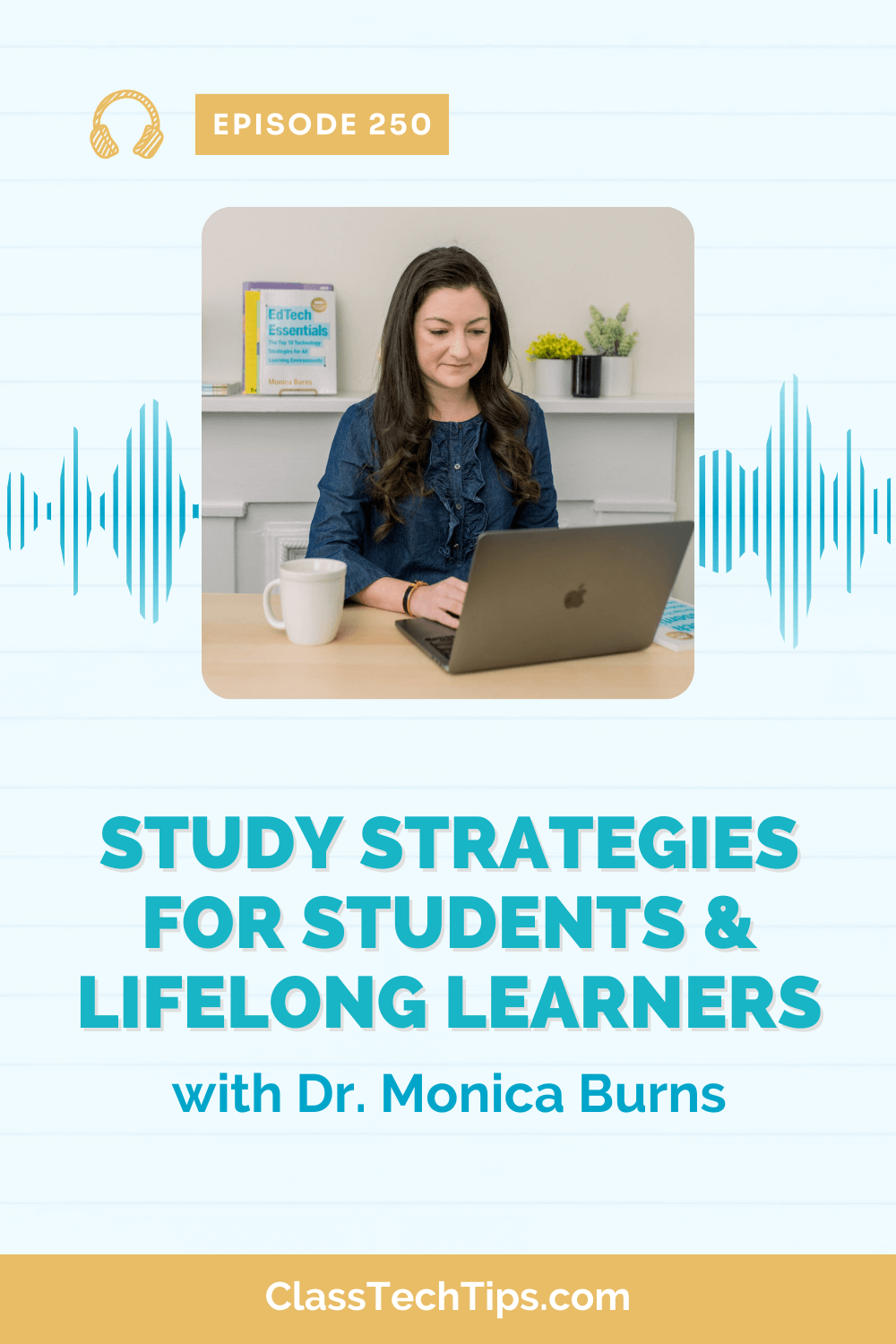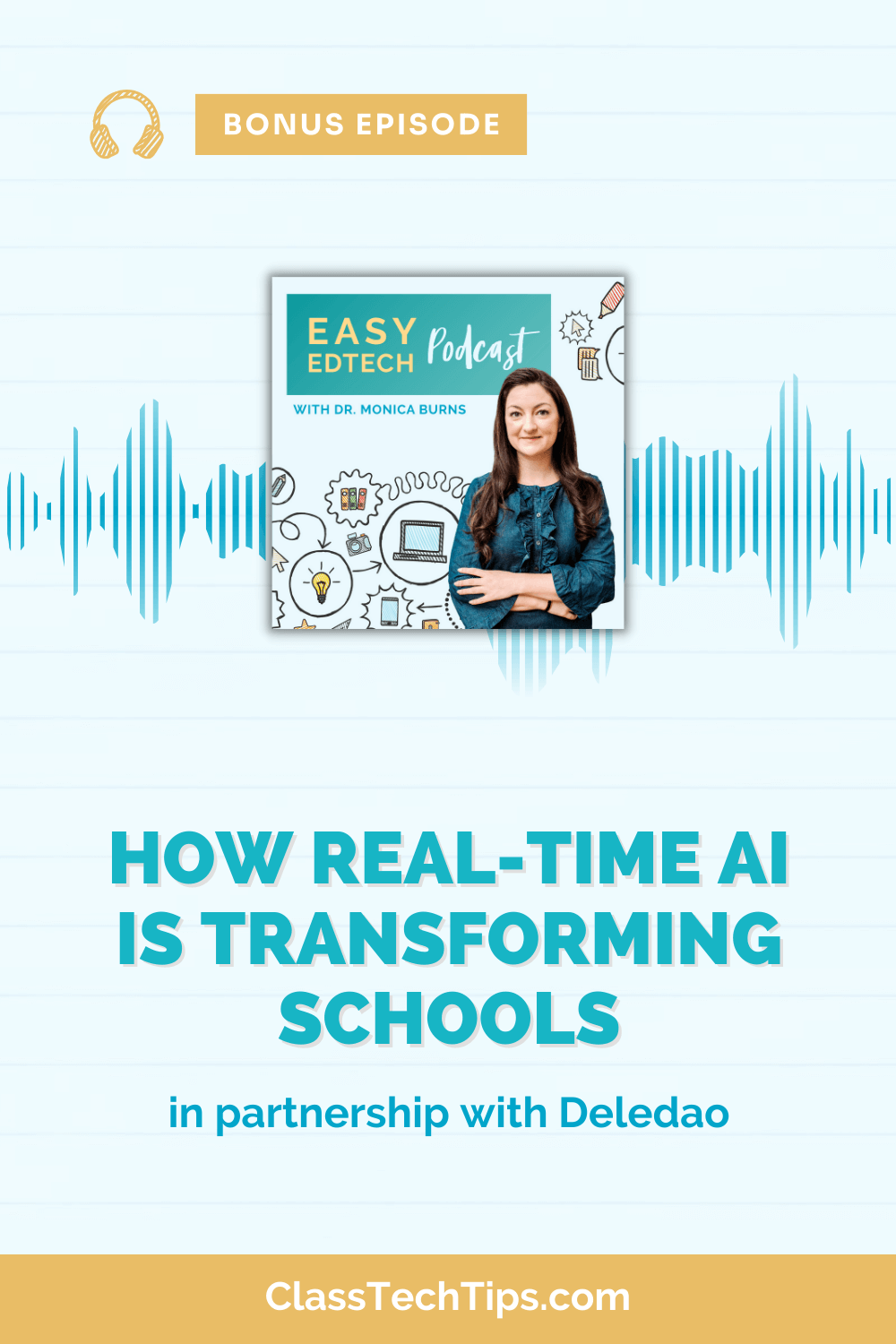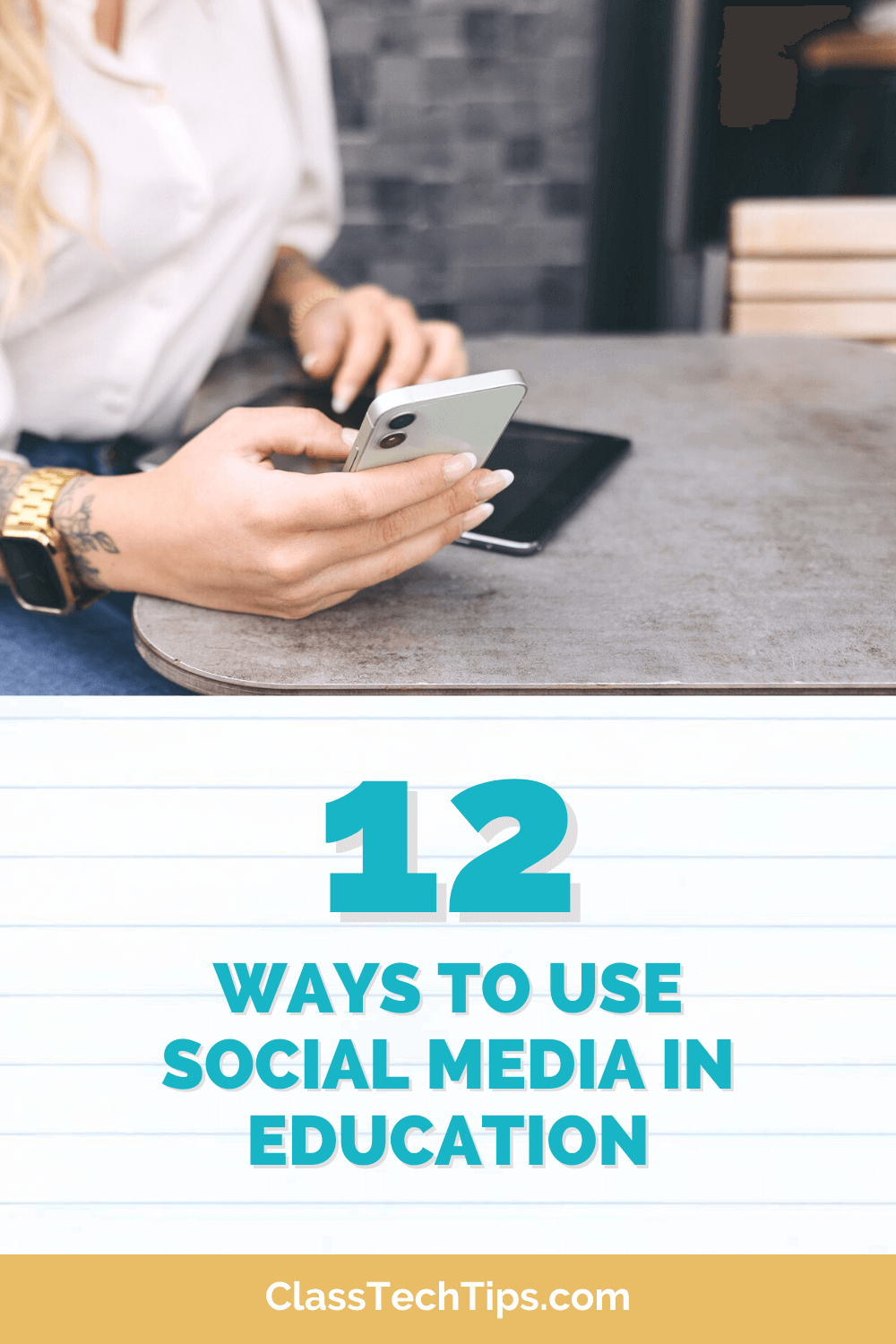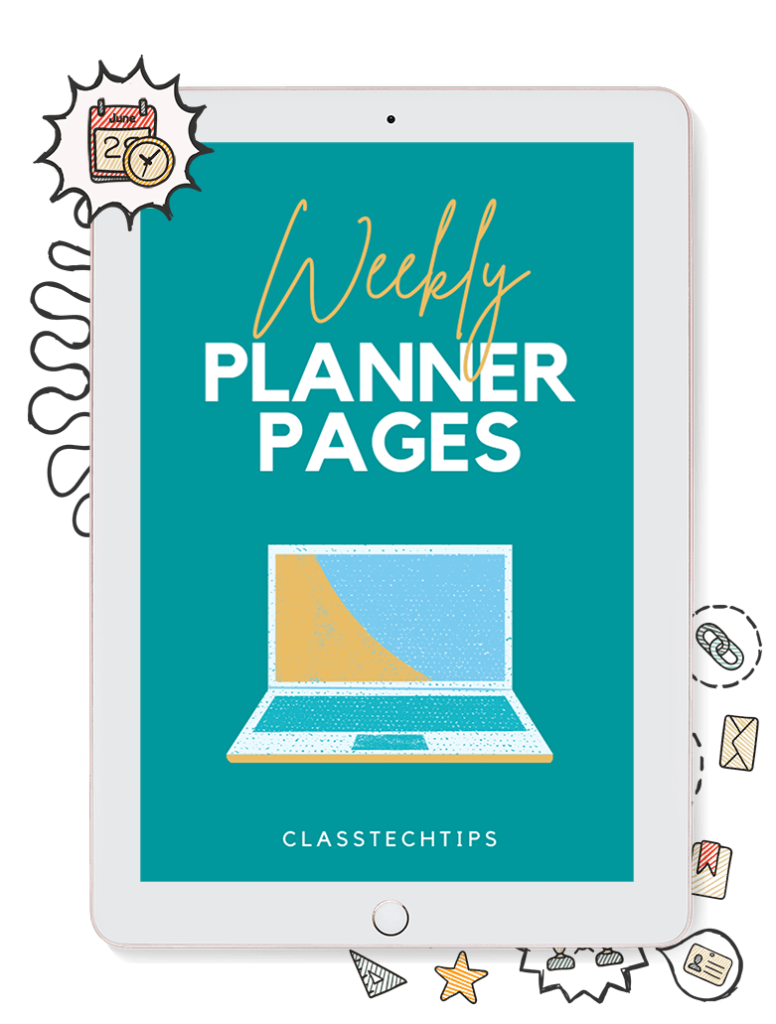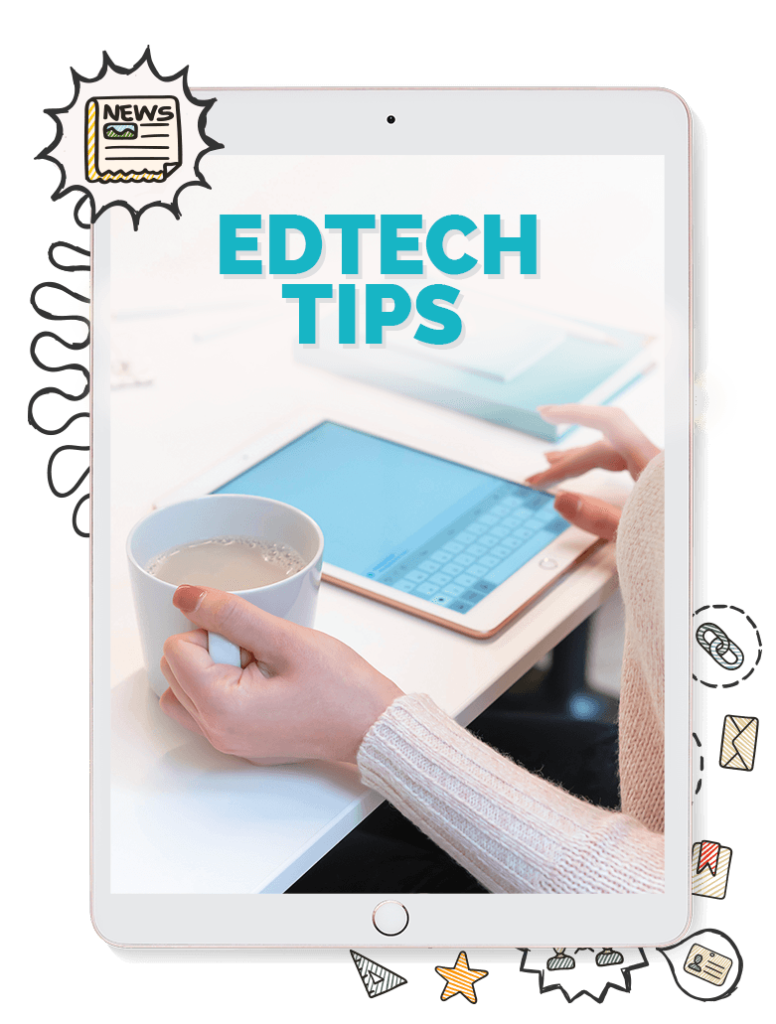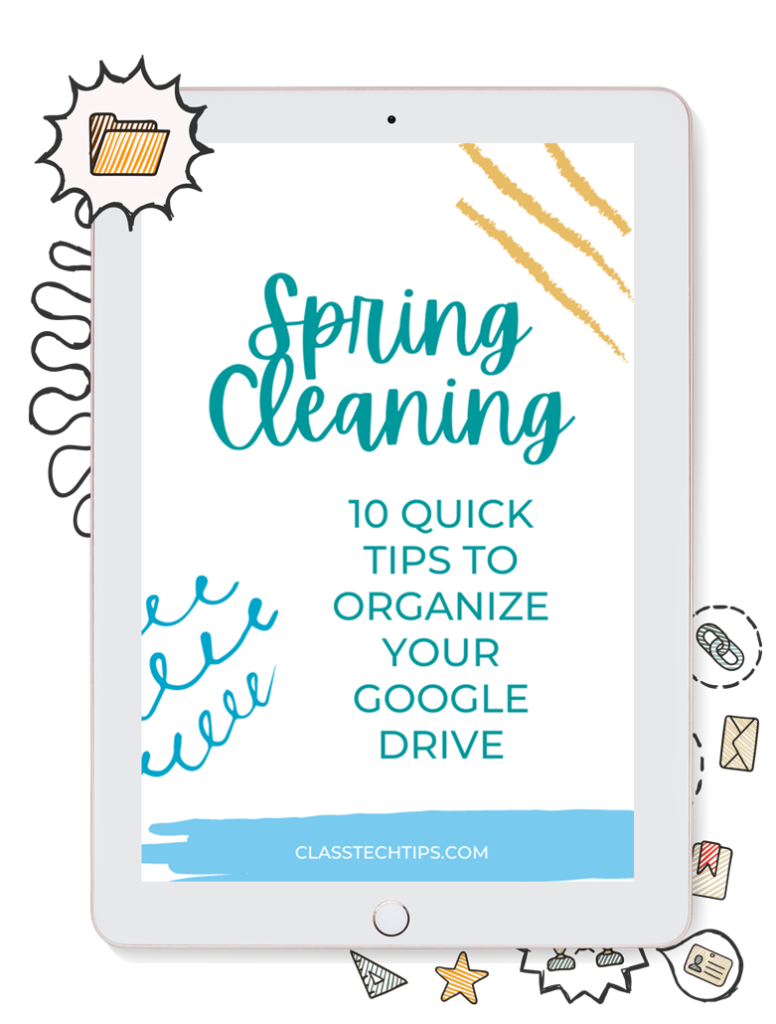Virtual science labs aren’t just for distance learning. If you’re teaching in person this year, a virtual science lab can totally transform the way students interact with course material.
In today’s blog post, we’ll take a look at Labster. Their virtual science labs and a great supplement to your science curriculum. Instead of replacing hands-on lab experiments, you can use Labster to help reinforce science concepts. Labster uses game-like challenges to help high school students explore new concepts and apply what they’ve learned in a science classroom.
Virtual Science Labs with Labster
How does Labster work? Labster’s virtual science labs are interactive 3D simulations that supplement your traditional science curriculum. These interactive experiences can help students learn science concepts through various fun scenarios. If you’re looking for an engaging alternative to having students passively watch a video or read a textbook selection, then Labster is certainly worth exploring.
Sign up for a free 30-day all-access pass to try Labster >>
Labster gives student instant feedback to students as they work through each module. A series of embedded quiz questions help students stay on track. As an instructor, you have access to a dashboard with information that can help drive your future instructional decisions. Teachers can view data on student performance and identify opportunities for added coaching and instruction.
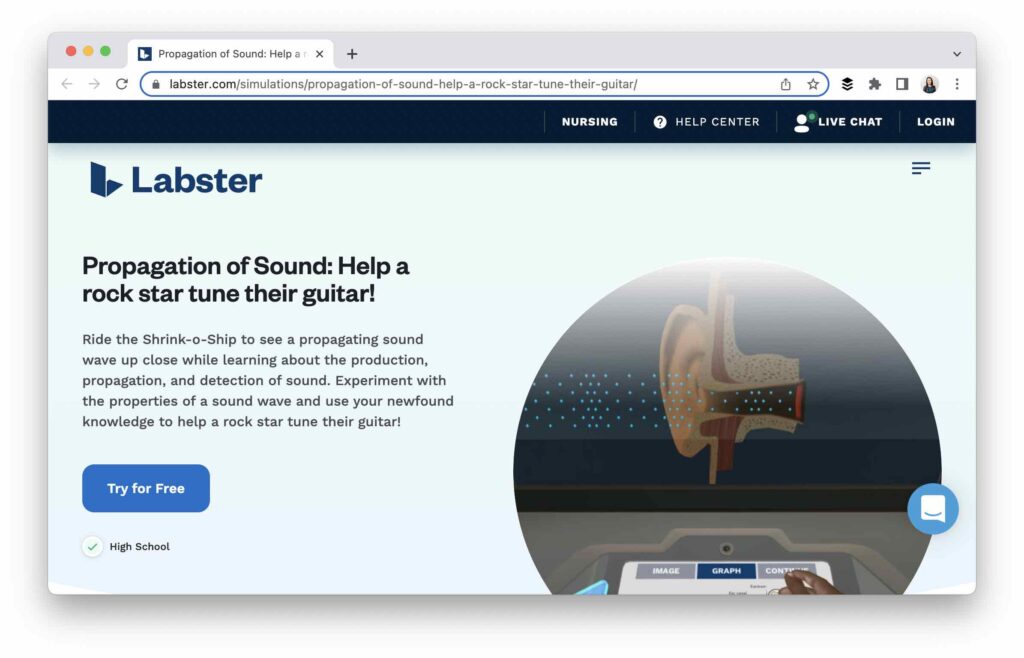
One thing I love about Labster is how their virtual science labs provide an opportunity for students to work at their own pace. These self-paced experiences place value on discovery and piquing student curiosity. Since most virtual labs take between 10-20 minutes to play, they are perfect options for supplementing your traditional curriculum.
Special Science Webinar and Replay
You’re invited to join the team at Labster for Climate in the Classroom! This is an interactive event where you’ll find out how leading climate educators use experiential education models and innovative technologies to engage students around climate change and other earth science topics. Use this link to sign up for the June 2nd webinar.
Can’t make it to the live event? Anyone who signs up will also receive a recording of the “highlights” from this event.
Important note: The team at Labster will also send a copy of my book EdTech Essentials to the first 20 people who sign up for today’s webinar.
Use Labster to Supplement Your Curriculum
As a classroom teacher with a set curriculum to work with, I loved using supplementary resources. They helped boost engagement, connect to student interest, and students dive deeper into course material, too. I recently had the chance to speak with the Labster team. And we chatted about some of the reasons I love high-quality supplemental content.
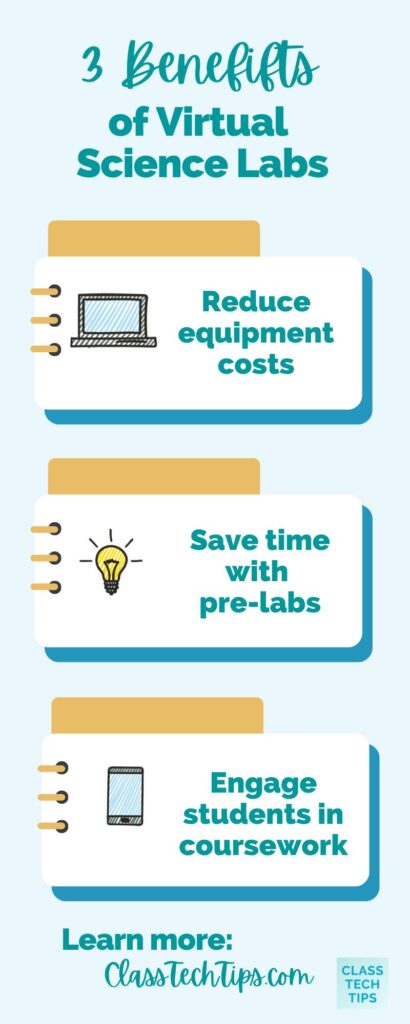
Labster works well with popular instructional methods you may already use with your students. Imagine you are in a classroom exploring inquiry-based learning or problem-based learning. Labster is a great supplemental resource that helps students revisit key concepts that will also help with independent and collaborative projects. If students are working through concepts at their own pace, these virtual science labs can provide students with immediate feedback.
Interactive Science Experiences
To help students interact with concepts at a deeper level, Labster also supports multimodal Instructional goals. Students might first have a hands-on experience with a teacher in a classroom setting. Then they can follow up with a virtual science lab that allows them to revisit material through a new lens.
Like many reasons you might consider a game-based learning resource, Labster is also an excellent choice for classrooms where Individualization is a priority. Additionally, you might find that the virtual science labs you launch with Labster help students observe science concepts more closely and shadow an expert in the field at the same time.
Labster Virtual Science Labs in Action
To help understand the power of Labster’s supplemental curriculum, check out these examples. They show precisely how engaging and educational these virtual science labs truly are:
- Propagation of Sound: Help a rock star tune their guitar!
- Kepler’s laws: Explore the orbits of other worlds
Ready to get started using Labster with your students? Sign up for a free 30-day all-access pass to try Labster. Any time of year is a great time to explore and introduce an engaging set of resources that will undoubtedly boost engagement and pique your students’ curiosity.


